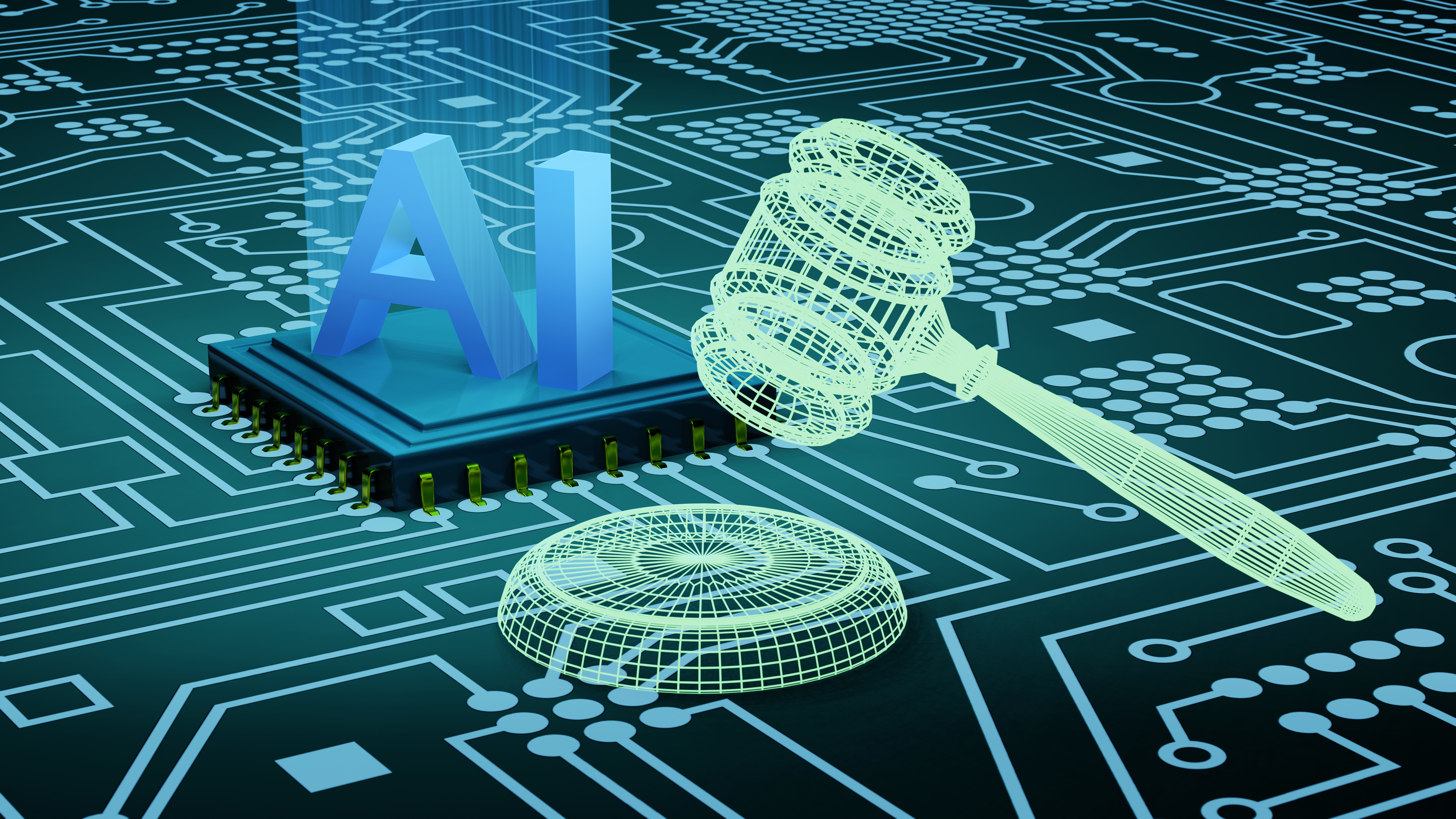
Imagine entering a world where every digital decision upholds human dignity, privacy, and rights. This is the vital path of trustworthy artificial intelligence (AI) and the ethical considerations in AI development. AI is rapidly advancing and is quickly becoming a potential disruptor and essential enabler for companies across all industries. But what's holding back its widespread adoption? Surprisingly, it's not the technology itself—it's the human challenges of ethics, governance, and values.
The ethical issues in AI are vast—from fears over personal privacy to embedded prejudices that could alter our social fabric or worsen existing inequalities. Consider biases in hiring processes or justice systems influenced by flawed algorithms. This is not science fiction—it’s the current reality. How can AI systems be fair, ethical, and aligned with our values? As developers craft the intricate codes that drive the future, they must weave in the fabric of morality. Trustworthy AI is no longer optional; it is essential for maintaining trust and ensuring fairness across all facets of society.
However, the challenge lies in integrating ethics without stifling innovation or reducing effectiveness. This demands a careful balance—a tightrope walk between technological progress and moral responsibility in every project you undertake. In this article, we will explore the barriers to trustworthy AI, the importance of trustworthy AI, and its key benefits.
Let’s explore in-depth why AI needs to be responsible.
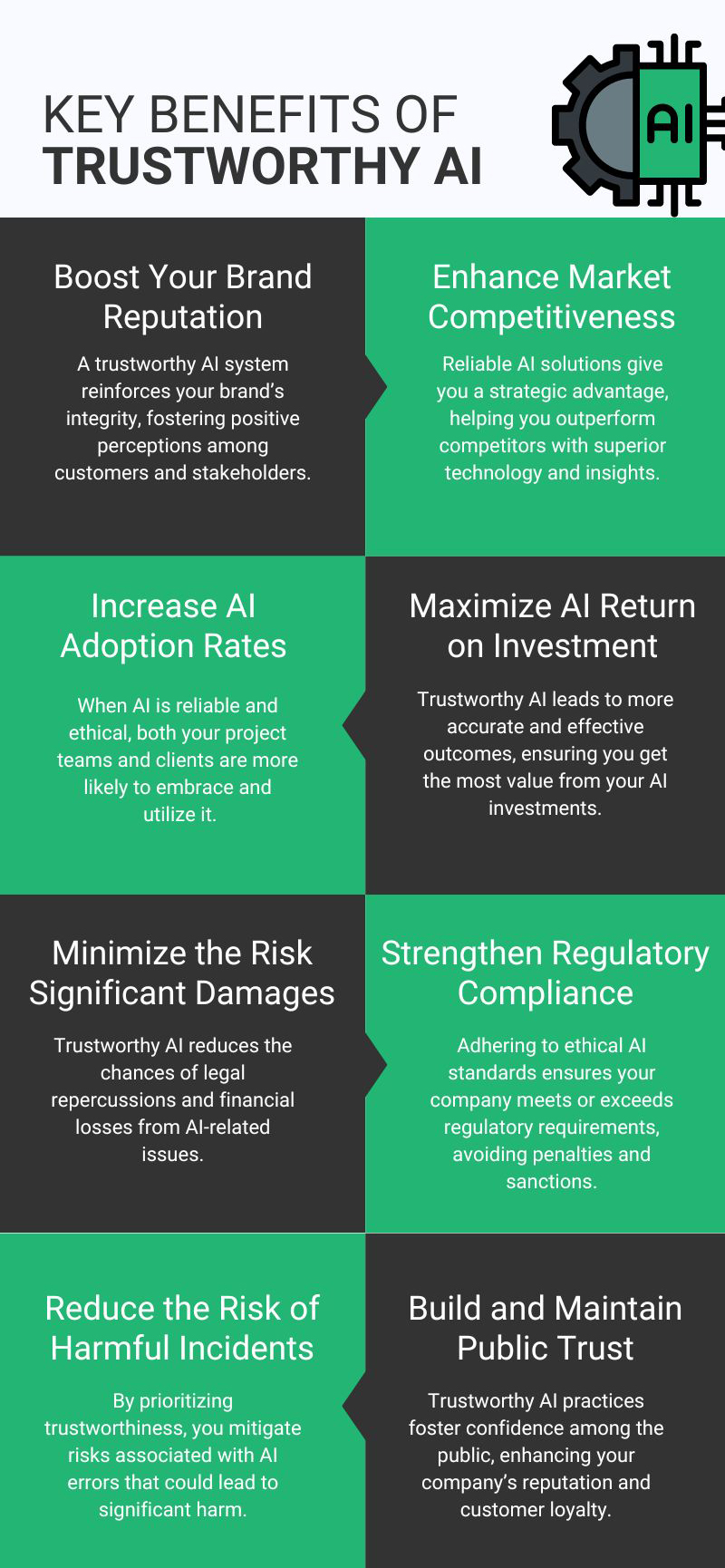 Understanding Trustworthy AI
Understanding Trustworthy AI
Defining what makes an AI system trustworthy is no easy task in the rapidly evolving field of artificial intelligence. While attributes like safety, accuracy, and fairness can be mathematically tested in some AI applications, these qualities can be challenging or impossible to guarantee in other scenarios.
Trustworthy is defined by meeting seven essential requirements:
- Human Agency and Oversight: AI should always support and augment human decision-making, with mechanisms in place for human intervention when needed.
- Technical Robustness and Safety: AI systems must be resilient, reliable, and secure, able to withstand and recover from attacks and failures.
- Privacy and Data Governance: Protecting user data and ensuring privacy is crucial. AI must handle data responsibly, maintaining confidentiality and integrity.
- Transparency: AI operations should be understandable and explainable. Users need to know how decisions are made and on what basis.
- Diversity, Non-discrimination, and Fairness: AI systems should be designed to avoid biases and ensure fair and equitable treatment for all users.
- Societal and Environmental Well-Being: AI should contribute positively to society and the environment, promoting sustainability and ethical impacts.
- Accountability: There must be precise mechanisms for accountability, ensuring that AI developers and operators are responsible for their systems' actions and outcomes.
These requirements aim to minimize the risks associated with AI and mitigate potential negative impacts. It's essential to incorporate methods to identify and manage these risks throughout the AI lifecycle, ensuring that AI systems are effective, ethically sound, and socially beneficial.
The Need for Trustworthy AI
AI is shaping everything, from job prospects to the news you consume. As AI's influence grows, so does the importance of ensuring these systems are trustworthy. Imagine AI systems making crucial decisions about your health, safety, and financial stability—decisions that could significantly impact your life. Trustworthy AI ensures these decisions are made fairly, transparently, and responsibly. It's about creating AI that we can rely on, knowing it will uphold our values, protect our rights, and contribute positively to society. Let's dive into why trustworthy AI is not just a tech buzzword but a fundamental necessity for a safe and equitable future.
We need trustworthy AI to ensure the following:
- Physical Safety: AI systems in autonomous vehicles, robotic manufacturing, and other human-machine interactions must make safe, split-second decisions.
- Health: AI aids in robotic surgeries, diagnostic imaging, clinical decision support, and health insurance claims. Trustworthy AI ensures these tools are reliable and accurate.
- Securing Basic Necessities: AI systems used in hiring, financial credit scoring, and home loans must be fair and unbiased to help people secure jobs, housing, and economic stability.
- Protecting Rights and Liberties: AI systems like predictive policing, facial recognition, and judicial decision-making must respect individual rights and liberties.
- Project Management: As projects become more complex and data-driven, the reliance on AI systems to provide accurate predictions, insightful analytics, and automated decision-making grows exponentially. Trustworthy AI ensures these systems are reliable, transparent, and ethical, fostering stakeholder confidence and enhancing overall project outcomes. By integrating robust and transparent AI, organizations can mitigate risks, improve efficiency, and drive innovation, ultimately leading to more successful and sustainable project execution.
To address these critical needs, we must also understand the obstacles standing in the way of trustworthy AI.
What Are the Barriers to Developing Trustworthy AI?
Today’s dynamic business landscape introduces new challenges like real-time decision-making, human-centric solutions, edge computing, and transparency. Advanced management approaches and AI techniques can effectively support and drive these. Trust in AI is essential for its adoption and user acceptance. The perception of AI as a trustworthy technology can significantly influence its integration into various sectors.
Let’s understand some barriers to developing trustworthiness in AI:
 Clear Instructions
Clear Instructions
AI doesn't think for itself—it follows the instructions it's given. Clear, precise instructions are vital to prevent unintended consequences. For example, clear and accurate project requirements are crucial in IT projects. Ambiguous data from AI-driven project management solutions can lead to project failures, eventually putting an organization at risk. This issue becomes critical when AI decisions, like legal or financial scenarios, impact lives. AI needs clear guidelines to ensure fairness and avoid biased outcomes.
 Transparency and Explainability
Transparency and Explainability
Current AI systems lack transparency. Unlike traditional algorithms, AI's decision-making processes are often opaque, making it hard to understand why a particular decision was made. Researchers are working on making AI models more interpretable, which is crucial for real-world applications.
 Uncertainty Measures
Uncertainty Measures
AI must recognize its limitations and uncertainties. Like humans, AI can make mistakes but often does so with overconfidence. For AI to be reliable, it should alert users when it’s uncertain about a decision, allowing for human intervention. This is especially critical for organizations, as identifying potential risks early and having contingency plans ensures organizations can adapt to unforeseen challenges, maintaining progress and stakeholder confidence.
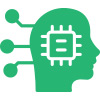 Adjusting to AI
Adjusting to AI
People might try to "game" AI systems based on their understanding of how they work. For example, social media algorithms that maximize engagement might promote polarizing content, creating a feedback loop of increasingly provocative material. Similarly, people might misreport data to achieve desired outcomes, complicating the AI's task. Designing AI that accounts for and mitigates this behavior is a significant challenge.
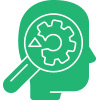 Misuse of AI
Misuse of AI
AI can be used for both good and malicious purposes. For instance, AI-powered facial recognition can be used for security and unethical surveillance. The misuse of AI in cybersecurity, espionage, and even warfare poses serious ethical concerns. Ensuring AI is used responsibly requires stringent regulations and ethical guidelines.
 Bias in Data
Bias in Data
AI learns from data, which often contains inherent biases. These biases can lead to discriminatory outcomes and perpetuate existing societal biases. Therefore, organizations developing AI models must carefully select data, continuously monitor the data collection process, and conduct periodic audits to detect and correct biases.
Trustworthy AI models must be given clear instructions and transparent decision-making to recognize uncertainties, ethically adapt to human behavior, and be free from biases.
How Can You Make AI Trustworthy?
While achieving perfect trustworthiness in AI for all users may not be realistic, several ways exist to make AI more reliable and fair. The figure below highlights some effective practices for developing AI systems that are fair, transparent, and reliable.
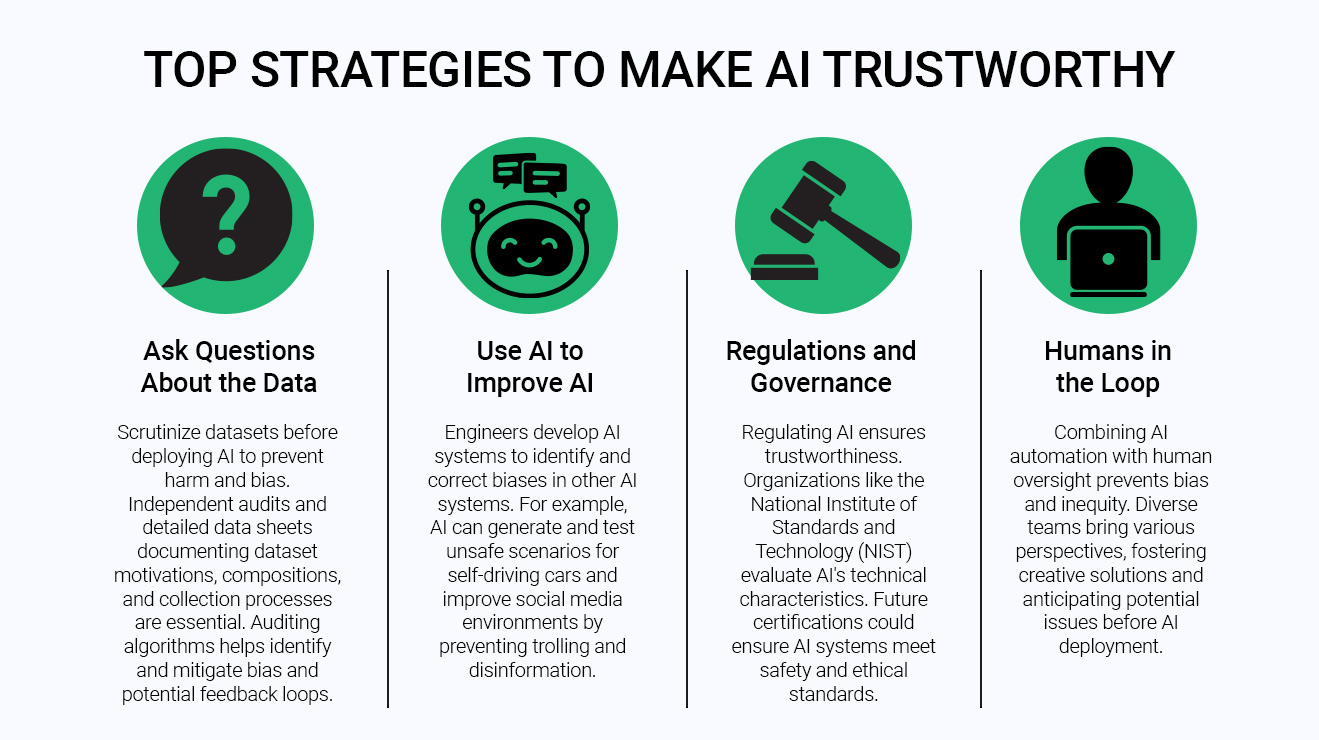
The Role of Trustworthy AI in Project Management
Trustworthy AI offers you, the CIOs, a reliable solution for data-driven decision-making, ensuring that project predictions, risk assessments, and resource allocations are accurate and unbiased. This technology fosters transparency and accountability, which are essential for building stakeholder confidence. By leveraging AI that stakeholders can trust, your organization fosters a culture of accountability and efficiency, ultimately leading to successful project outcomes and sustained competitive advantage. Trustworthy AI boosts operational efficiency and safeguards data integrity and compliance, making it critical for forward-thinking organizations aiming to thrive in an increasingly digital and complex business landscape.
AI Revolution: Trust or Trouble?
As AI continues to permeate every facet of our lives, the importance of embedding ethical considerations into its development cannot be overstated. Trustworthy AI ensures that our digital future is aligned with human values, safeguarding privacy, fairness, and accountability. It empowers organizations to harness AI's potential while mitigating risks, promoting equity, and fostering public trust. By integrating robust ethical frameworks, transparency, and stringent governance, we can create AI systems that enhance human agency and contribute positively to society.
Remember, every business initiative you undertake, irrespective of the industry, is a project requiring careful planning, execution, and management. Trustworthy AI is crucial in this context, ensuring ethical principles, transparency, and accountability guide these projects.
TrueProject, a KPI-based predictive project management SaaS solution that improves project health and performance, exemplifies the integration of trustworthy AI in project management, offering solutions that drive transparency, accountability, and efficiency. By leveraging AI that stakeholders can trust, TrueProject helps organizations foster a culture of accountability and efficiency, ultimately leading to successful project outcomes and sustained competitive advantage. As industries harness AI's potential, TrueProject ensures your project teams identify risks, promote equity, and foster trust among key stakeholders and end-users.
The path to trustworthy AI demands collaboration, vigilance, and a steadfast commitment to upholding the principles that define our shared humanity.
More information on TrueProject at trueprojectinsight.com
 About the Author
About the Author
Nivedita Gopalakrishna is a content marketing specialist within the TrueProject Marketing team with extensive experience in blog writing and website content creation across diverse industries. Nivedita’s proficiency in crafting engaging blog posts and informative website content is a testament to her years of experience. Beyond her prowess in written communication, Nivedita has a knack for creating visually appealing static graphics that have played a pivotal role in expanding TrueProject's marketing efforts. Through thoughtful design choices, she has helped convey the essence of the brand and captivate audiences effectively. Outside the professional sphere, Nivedita is a trained classical singer and a fitness enthusiast, embodying creativity and wellness in and out of the office.
Endnotes:
- Vyhmeister, E., Castane, G.G. “TAI-PRM: trustworthy AI—project risk management framework towards Industry 5.0.” AI Ethics. Springer Link. February 14, 2024. https://doi.org/10.1007/s43681-023-00417-y
- “Can We Trust Artificial Intelligence?” Caltech. (n.d.). https://scienceexchange.caltech.edu/topics/artificial-intelligence-research/trustworthy-ai
- Abercrombie, Cortnie. “What is trustworthy AI, and why is it important?” Enterprise AI. TechTarget. May 24, 2023. https://www.techtarget.com/searchenterpriseai/tip/What-is-trustworthy-AI-and-why-is-it-important
- “Trustworthy AI: Why We Need It and How to Achieve It.” OneSpan. November 3, 2021. https://www.onespan.com/blog/trustworthy-ai-why-we-need-it-and-how-achieve-it





